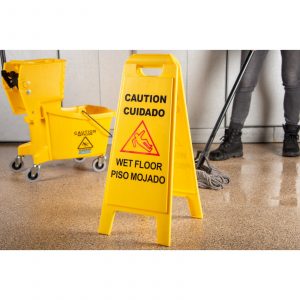Tripping hazards come in all shapes and sizes including tree roots, whether they are in the dirt or growing through a sidewalk. When they are disrupting sidewalks, its a pretty clear violation if the City has not done anything to repair or visibly paint the roots but tree roots in the dirt are a different challenge.
In a recent opinion, a trial court addressed whether the judge was correct in refusing to throw the case out before reaching a jury (summary judgment). The injury lady filed the Georgia premises liability lawsuit alleging that she broke two bones in her leg after tripping on an exposed root in a dirt area of the restaurant’s parking lot.
In all premises liability suits, the issue is simply this: IF YOU FALL BECAUSE OF SOMETHING ON A PROPERTY, WHETHER LIQUID OR SOLID, IF YOU KNEW AS MUCH AS THE PROPERTY OWNER DID ABOUT IT BEING THERE, YOUR LAWSUIT WILL GET TOSSED OUT. YOU HAVE TO PROVE THEY HAD AT LEAST IMPLIED KNOWLEDGE OF THE DANGER AND YOU DID NOT
 Atlanta Injury Attorney Blog
Atlanta Injury Attorney Blog


